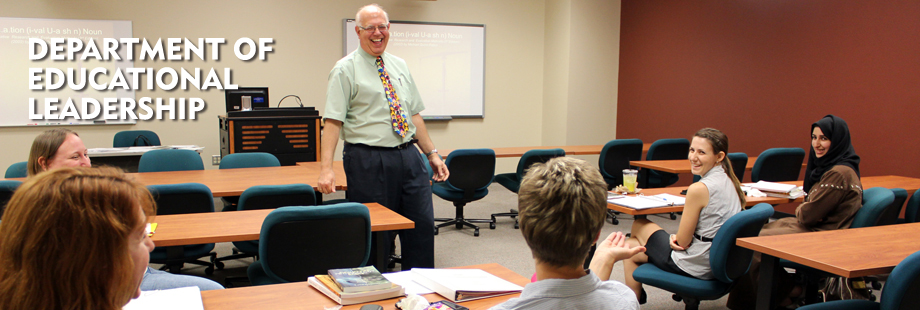Document Type
Article
Publication Date
12-2021
Publication Source
Turkish Review of Communication Studies
Abstract
This study was conducted to determine what kinds of e-mails an education leader (school principal) sent to the parents of the students at the beginning, during, and end of the term during the COVID-19 pandemic process. In this study, the expression “educational leader” was used instead of the school principal.
The reason for this is that the school principal fully assumes the role of educational leadership during the pandemic period. The subject of the study is the transformation process in communication due to the pandemic. This transformation is e-mails, one of the digital communication tools that aim to reach everyone at the same time. The e-mails in this study were chosen from non-personal and non-private e-mails. The data included from 74 e-mails sent to the parents by an educational leader in Ohio State in the United States. E-mails were analyzed using document and content analysis method. Most of the e-mails contained more than one subject. In each of the e-mails was written the education leader’s good wishes and not be hesitate from contact. The education leader sent e-mails about health, and cleaning, technology, information, activities, family-related, and other topics. At the end of the study, recommendations such as sending a survey to the parents to determine communication preferences at the beginning of the school year, and e-mails translated into their own language were offered who did not speak English.
Inclusive pages
118-141
ISBN/ISSN
2630-6220
Document Version
Published Version
Publisher
DergiPark Akademik
Volume
38
Keywords
education, educational leader, COVID-19 pandemic, school principal, e-mail communication
eCommons Citation
Kiral, Bilgen and Brion, Corinne, "An Educational Leader’s E-Mails to the Parents During COVID-19 Pandemic" (2021). Educational Leadership Faculty Publications. 297.
https://ecommons.udayton.edu/eda_fac_pub/297
Included in
Educational Assessment, Evaluation, and Research Commons, Educational Leadership Commons, Higher Education Administration Commons




Comments
DOI: https://doi.org/10.17829/turcom.931253